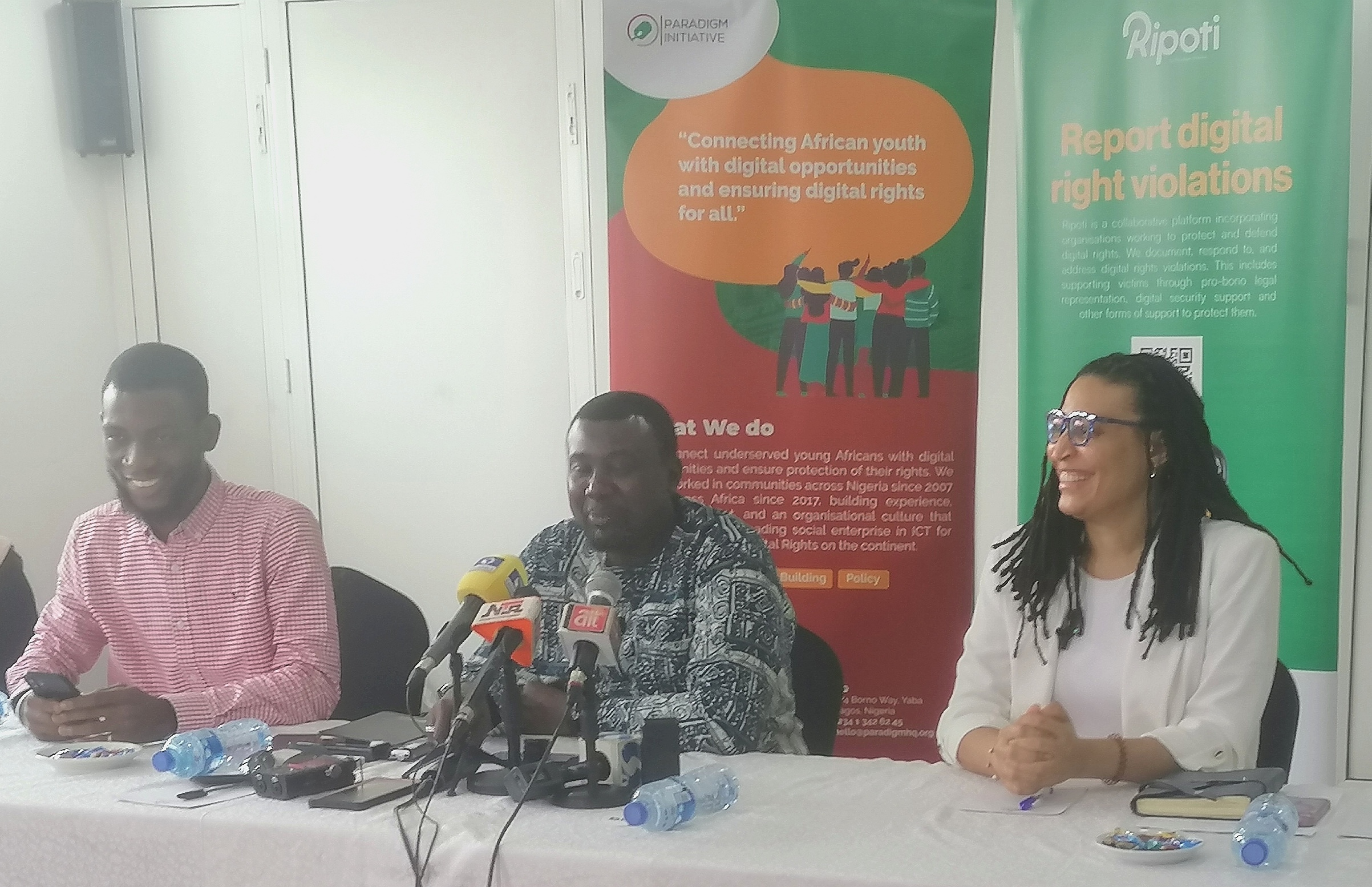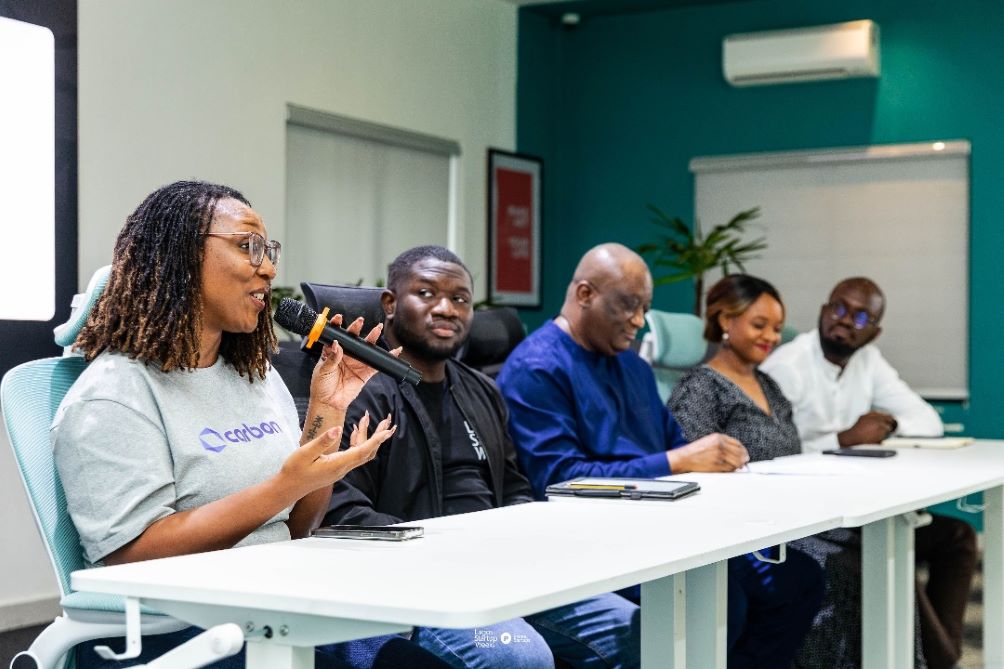A civic digital rights group, Paradigm Initiative (PIN), has blamed lack of sincerity of purpose among others, for the failure of the linkage of National Identity Number (NIN) with Subscriber Identity Module (SIM) cards to address criminal activities, especially kidnap-for-ransom.
Speaking in Lagos with reporters as part of activities marking end of the year, Executive Director at PIN, Gbenga Sesan said the reason behind the NIN enrolment was never designed to tackle criminal activities because its implementation was driven largely by another thing which was to secure loans from Bretton Woods institutions and issue out contracts. The process, therefore, was not taken seriously by the government.
According to him, data gathering in the country has always been fraught with problems with multiple agencies gathering the data of citizens.
“When Nigeria started the NIN (programme) under President Obasanjo, which was handled by Sagem of France, it ended in chaos and I am sure that many of you know that Sagem still has those data and has refused to give it to Nigeria. So, basically, if you register during Obasanjo’s time, your data is still with Sagem in France….May be President Tinubu will bring it back from his visit.”
According to him, the major reason Nigeria got a Data Protection Act was because the World Bank made it a condition for a $480 million loan. He said majority of Nigeria’s data projects have been driven by loans and contracts and because of that, the process is not taken seriously, so the authorities just lord it on the people.
“You remember how (former Communication and Digital Economy) Minister Pantami forced people out to go and register, even in the midst of COVID-19. It was all because of the money involved.
“When we went to court on this case, one of the questions put to us was that do we want Nigeria to lose money? But I asked them, do you want World Bank money or the protection of Nigerians? Why are we driven by contracts? Lots of concentration on loans and contracts, which is where the challenge is,” he stated.
He said PIN had explained to the Federal Government as far back as 2013 that terrorists don’t use Nigerian mobile network, rather they have other resources and infrastructure, which is reason their men operates largely on the fringes, at the border towns, so that they can use the networks that cannot be monitored “so, if they had listened, they would have been smart enough not to tie solving this problem with something that is literarily unrelated.”
According to Sesan, people are currently getting text messages for ransom negotiation even when, “the number is registered in somebody’s name, which is tied to an address, which is tied to biometric information…..has anybody been arrested? Impunity is the problem.”
He said the reason the government forced NIN into the throats of Nigerians was wrong ab initio, which was basically because of contracts and loans, stressing that so much impunity has surrounded the entire exercise right from the beginning.
Sesan said the Police have always claimed that they track and trace, “but once the Police announced, the affected family will say don’t mind them, we paid ransom, which is where the real challenge lies.
He advised the Federal Government through the National identity Management Commission (NIMC) to living in the illusion of Pantami that kidnapping will end with NIN, knowing fully well that security budgets have been on the increase in the country without commensurate impact on tackling insecurity in the country.
Also speaking, Chief Operating Officer at PIN, Nnena Paul-Ugochukwu, said the entire world has been and is still witnessing a digital revolution which has afforded immense opportunities, but also presented new challenges.
“While digital technologies have been employed to enhance our daily lives in education, health, business, work and even socially, we still grapple with a widening digital gap brought about by infrastructural and policy inadequacies, the undermining of digital rights through digital surveillance and censure to data privacy breaches, poor digital governance, and algorithmic bias, all underscoring the inherent complexity of the digital landscape.
“This year, we have watched social media companies and the governments backtracking on commitments. We have also witnessed the continued disturbing trend of digital rights violations across the continent, including internet shutdowns, persisting surveillance, and censorship. These actions stifle freedom of expression of which the press is a bastion and, very importantly, also hinder economic growth and social progress,” she said.
PIN is a pan-African non-profit that connects African youth with digital opportunities and ensures digital rights for all with dedicated team members operating out of Nigeria, Cameroon, Kenya, Senegal, Zambia, and Zimbabwe.






